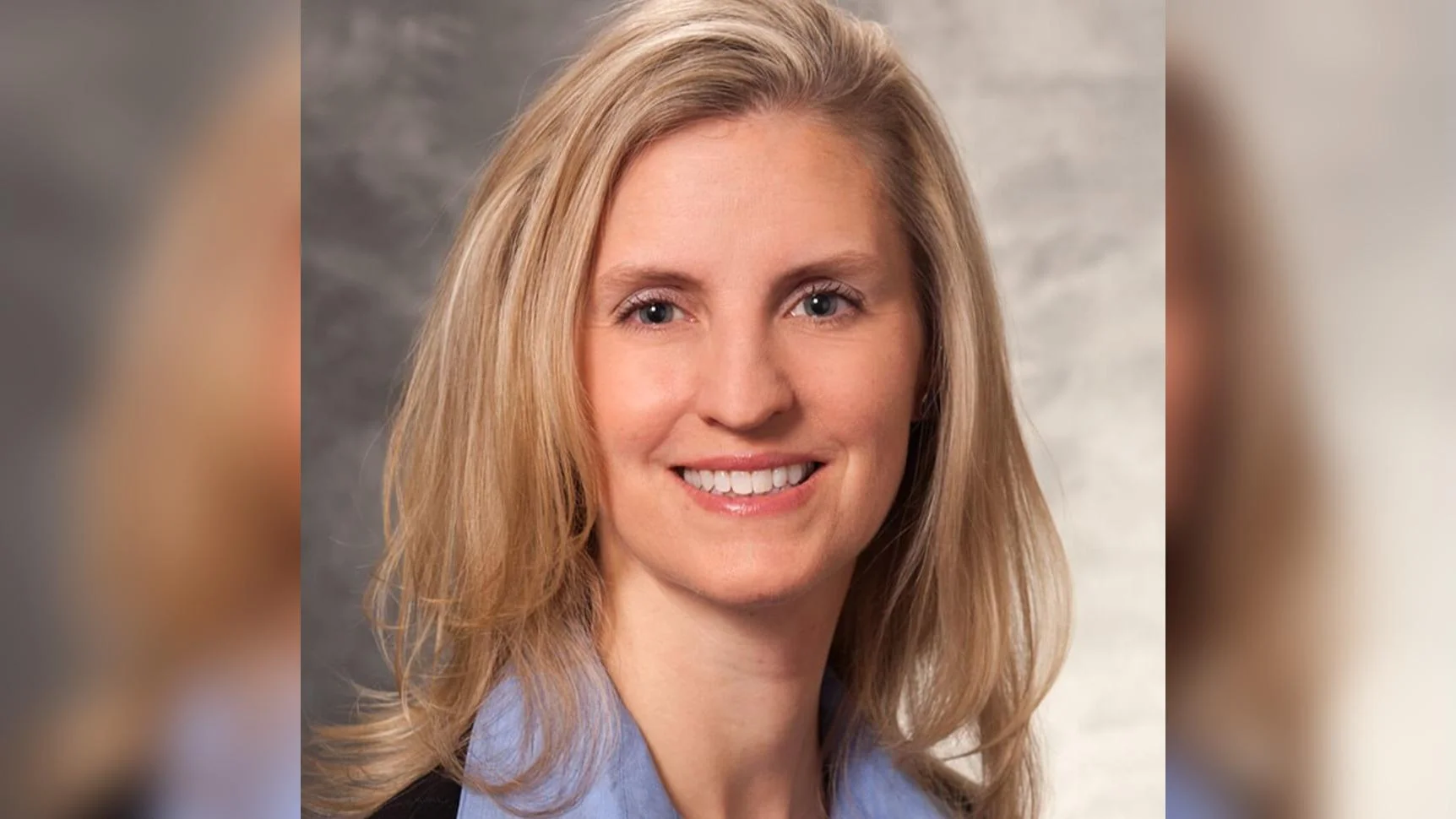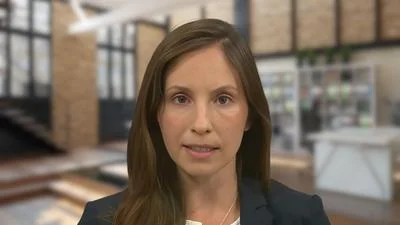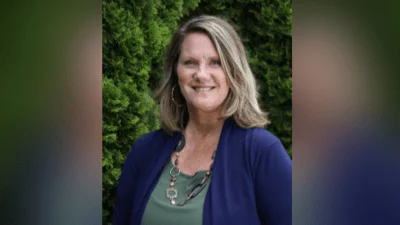Kelly Wilson Senior Vice President, Chief Legal Officer | U. of Wisconsin Hospital and Clinics
Kelly Wilson Senior Vice President, Chief Legal Officer | U. of Wisconsin Hospital and Clinics
Modified immune cell therapies have shown significant promise in treating blood and lymphatic system cancers, but their effectiveness against solid tumors remains a challenge. Dr. Zhubin Gahvari, a researcher at UW Health | Carbone Cancer Center, is exploring how CAR T-cell and T-cell Receptor therapies can be adapted to treat more common cancer types.
“Blood cancers are a small piece of the pie—they make up about 10% of the cancer diagnoses in the United States,” said Gahvari, who is also a hematologist. “There are huge groups of people with breast cancer, prostate cancer, lung cancer, gastrointestinal cancers… How many more people could we help if we get these treatments over the finish line?”
T-cells play a crucial role in fighting disease by targeting abnormal cells. However, cancer can evade this natural immune response. CAR T-cell therapy modifies T-cells to target specific markers on cancer cells' surfaces for destruction. In contrast, T-cell Receptor therapy focuses on markers within the cells for more specialized targeting. These modified cells can be derived from patient or donor blood samples.
While these therapies have been effective against blood-based cancers due to unique marker expression on those cells, solid tumors present a more complex environment with fewer distinct targets that do not overlap with healthy cells. Additionally, challenges include ensuring modified T-cells penetrate tumors effectively and maintain strength to kill cancer cells inside.
“Solid tumors are notorious for weakening the immune system that gets there,” Gahvari noted.
Gahvari has witnessed immunotherapy's transformative impact over the past decade through treatments like checkpoint inhibitors that enhance the body's natural defenses against cancer.
“There’s people who have had years of life with metastatic solid tumor cancers that previously we didn’t have any options for,” he remarked.
Researchers are exploring various strategies to improve T-cell therapies' success rates against solid tumors. This includes identifying optimal targets on cancer cells and combining cell therapy dosages with other treatments like chemotherapy.
“I don’t think it’s a situation where it’s just going to be one thing that fixes all of the issues,” he stated.
Currently overseeing two phase I clinical trials at Carbone Cancer Center involving T-cell therapies, Gahvari is testing CAR T-cells targeting mesothelin protein in patients with ovarian cancer and rare forms such as mesothelioma and cholangiocarcinoma. Another trial involves using T-cell Receptor therapy targeting KRAS gene mutations found in colorectal, pancreas, non-small cell lung cancers, among others.
Gahvari values collaboration between specialists focusing on different types of cancers as essential for advancing breakthroughs in treatment options. He also commends trial participants who contribute despite uncertain personal benefits.
“I think the patients and their families who are willing to take a chance...is very brave and courageous,” he said.






 Alerts Sign-up
Alerts Sign-up